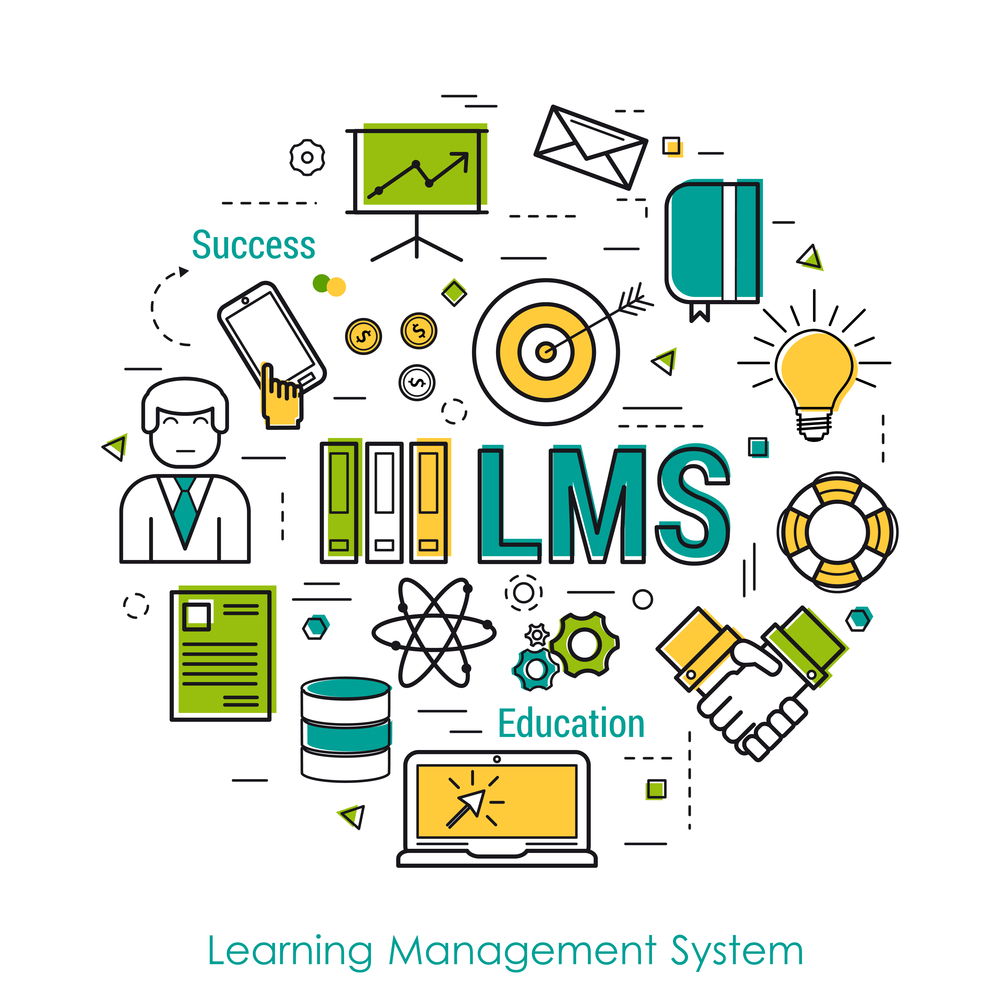In today’s fast-evolving digital marketing landscape, staying ahead requires continuous learning, adaptability, and innovation. Businesses seeking to maximize return on investment (ROI) must equip their teams with the latest tools, techniques, and industry insights. A Learning Management System (LMS) serves as a powerful solution, transforming how marketing professionals acquire, apply, and retain critical knowledge.
By integrating an LMS into digital marketing strategies, organizations can bridge skill gaps, improve operational efficiency, and boost overall campaign performance. Let’s explore the key advantages and best practices for utilizing an LMS to optimize marketing success.
Understanding LMS: The Foundation
A Learning Management System (LMS) is a comprehensive platform designed to create, manage, and deliver educational programs. It provides a centralized hub for training materials, ensuring teams have easy access to up-to-date learning resources. With features like automation, scalability, and personalized learning paths, an LMS fosters a culture of continuous improvement that is essential for digital marketing success.

For businesses aiming to enhance employee training and performance, adopting corporate LMS systems can streamline knowledge transfer while aligning learning with organizational goals. These systems allow companies to implement structured training programs that ensure consistency across teams, improving marketing execution and results.
How an LMS Enhances Digital Marketing ROI
1. Continuous Skill Development
The digital marketing industry is characterized by frequent changes in search algorithms, advertising platforms, and consumer behavior. An LMS ensures that marketers have ongoing access to the latest training on SEO, PPC, content strategy, and analytics. This continuous skill-building helps professionals refine their expertise, generate innovative campaign ideas, and drive better outcomes—all of which contribute to increased ROI.
Additionally, adaptive learning paths enable employees to focus on their specific roles. For instance, content marketers can receive targeted training on audience engagement, while data analysts can specialize in performance measurement and optimization.
2. Increased Efficiency with Automation
Conventional training approaches typically demand substantial time and resources. An LMS automates course delivery, progress tracking, and assessment, reducing manual administrative tasks.
Moreover, AI-driven LMS platforms can provide intelligent recommendations based on user progress, ensuring a personalized and efficient learning experience. By streamlining training workflows, marketing teams can focus more on strategic execution rather than operational inefficiencies.
3. Actionable Data and Performance Insights
A data-driven approach is key to optimizing training effectiveness. LMS platforms provide real-time analytics on employee learning progress, engagement levels, and competency improvements. Organizations can use this data to evaluate training impact, adjust learning strategies, and ensure alignment with business objectives.
For example, if analytics reveal that employees struggle with conversion optimization techniques, businesses can introduce specialized courses to address the gap. This approach strengthens workforce capabilities and enhances marketing performance.
4. Cost-Effective Training Solutions
Investing in external workshops and certifications can be costly and logistically challenging. An LMS provides a cost-effective alternative by offering centralized, reusable learning content that scales as teams grow.
Additionally, businesses save on travel and instructor fees, making knowledge acquisition more accessible and affordable. The ability to update and refine training materials ensures long-term value without recurring expenses.
5. Fostering Team Collaboration and Knowledge Sharing
A collaborative environment is essential for marketing innovation. LMS platforms facilitate knowledge sharing by allowing employees to contribute insights, participate in discussions, and engage in peer-to-peer learning.
By creating an ecosystem where marketers can exchange expertise, businesses can foster teamwork, align strategies, and drive creative marketing solutions. Integration with collaboration tools like Slack and Microsoft Teams further enhances communication and engagement.
6. Agility in Adapting to Industry Trends
The digital marketing industry is constantly evolving, requiring teams to adapt quickly. An LMS enables organizations to update training content in real time, ensuring that teams stay informed about new trends, platform updates, and regulatory changes.
For instance, when a major search engine algorithm update occurs, an LMS can deliver an immediate learning module explaining its implications. This agility allows marketing teams to adjust their strategies proactively, maintaining campaign relevance and effectiveness.
By leveraging an LMS for digital marketing, businesses can ensure their teams remain competitive, continuously improving their skills to maximize engagement, conversions, and revenue.
Best Practices for Implementing an LMS in Digital Marketing
1. Define Training Objectives
Successful LMS integration begins with clear training goals. Businesses should identify key marketing competencies—such as lead generation, audience targeting, and performance analytics—and align learning modules with these objectives to drive measurable outcomes.
2. Personalize Learning Paths
Since digital marketing encompasses various specializations, training programs should be customized to cater to different roles. Whether an employee focuses on paid advertising, content strategy, or social media engagement, a tailored approach enhances learning effectiveness.
3. Encourage a Culture of Continuous Learning
Embedding LMS training into daily workflows fosters an ongoing learning culture. Gamification features such as badges, leaderboards, and rewards can boost engagement, making education both fun and impactful.
4. Utilize AI-Driven Learning Recommendations
Modern LMS platforms leverage artificial intelligence to analyze learning behaviors and recommend relevant courses. This ensures employees receive the most useful training materials, accelerating skill development and boosting overall productivity.
5. Regularly Monitor and Optimize Training Programs
Consistently reviewing LMS analytics allows businesses to assess training impact and refine programs for better results. By tracking completion rates, knowledge retention, and performance improvements, companies can fine-tune learning strategies for maximum efficiency.
Conclusion
An LMS is not just a training tool—it’s a strategic driver for digital marketing excellence. By facilitating continuous skill development, streamlining education delivery, and aligning training with business objectives, an LMS empowers marketing teams to perform at their best.In today’s data-driven marketing world, implementing an LMS is not merely an option but a necessity. Companies that invest in structured learning initiatives will see significant gains in team efficiency, campaign success, and overall revenue, proving that knowledge and adaptability are key assets in the digital age.